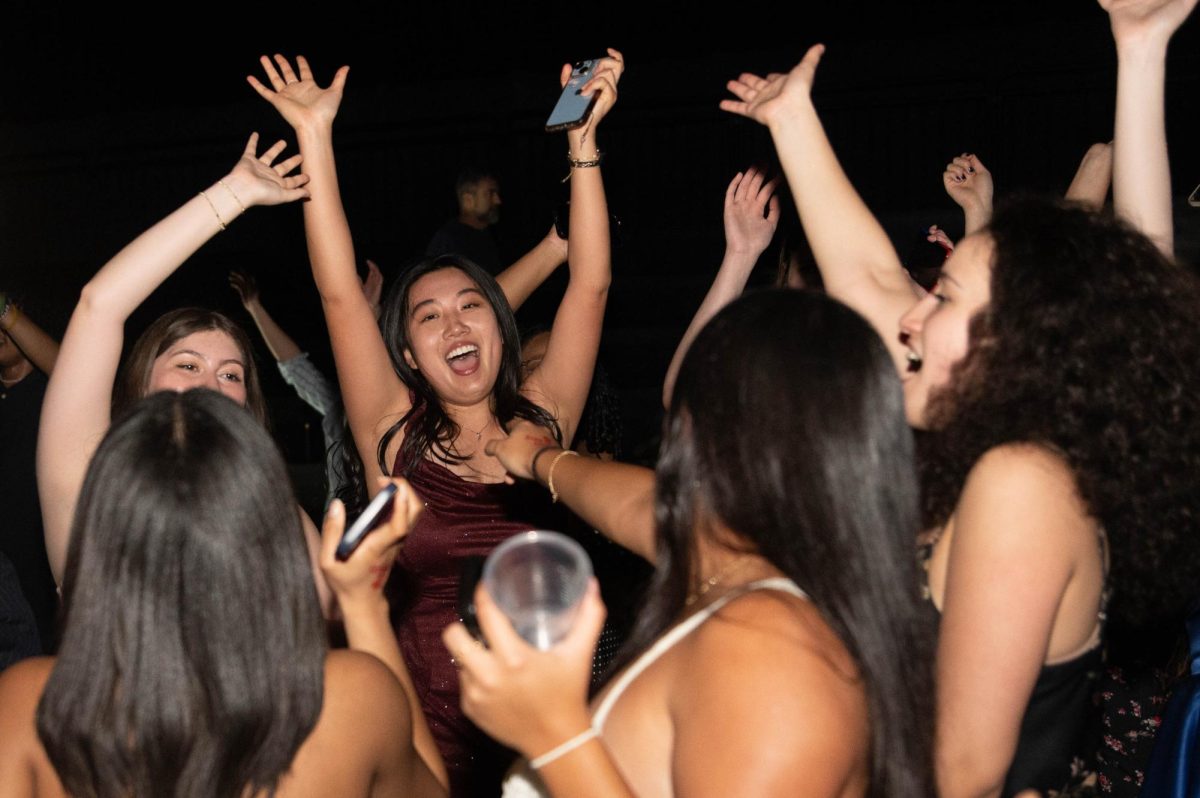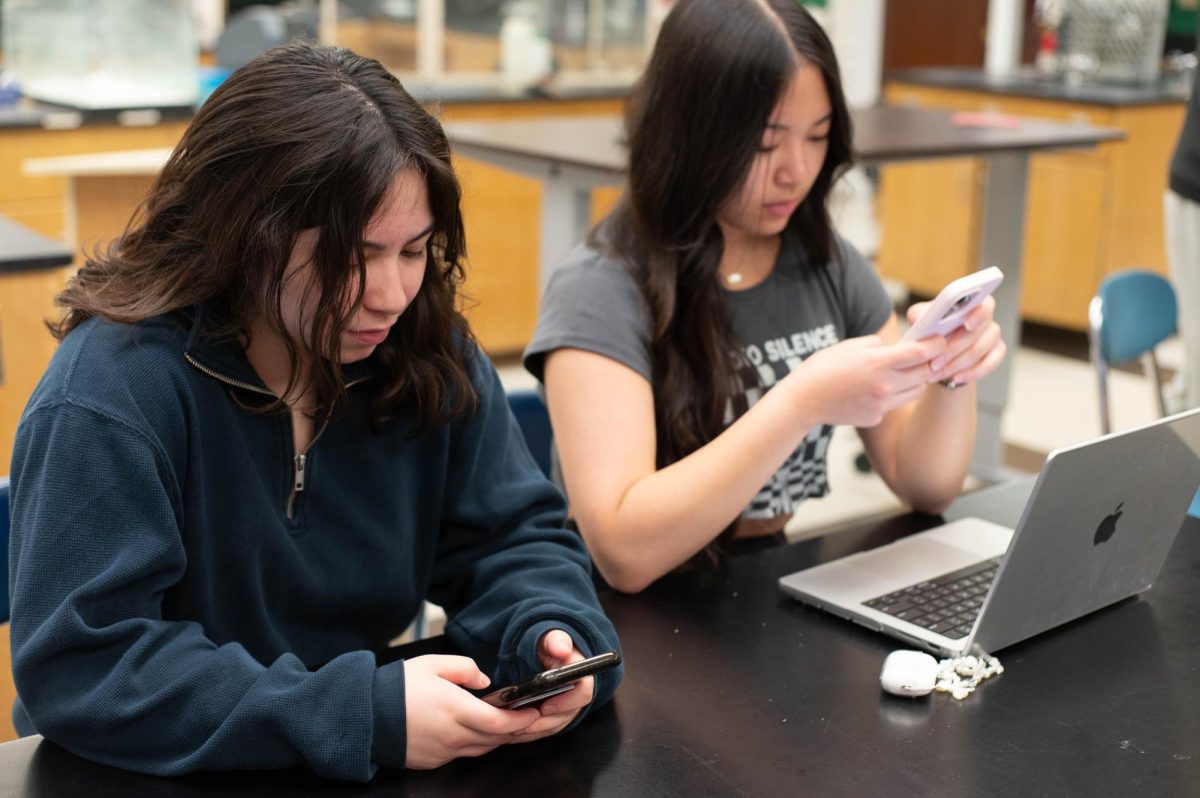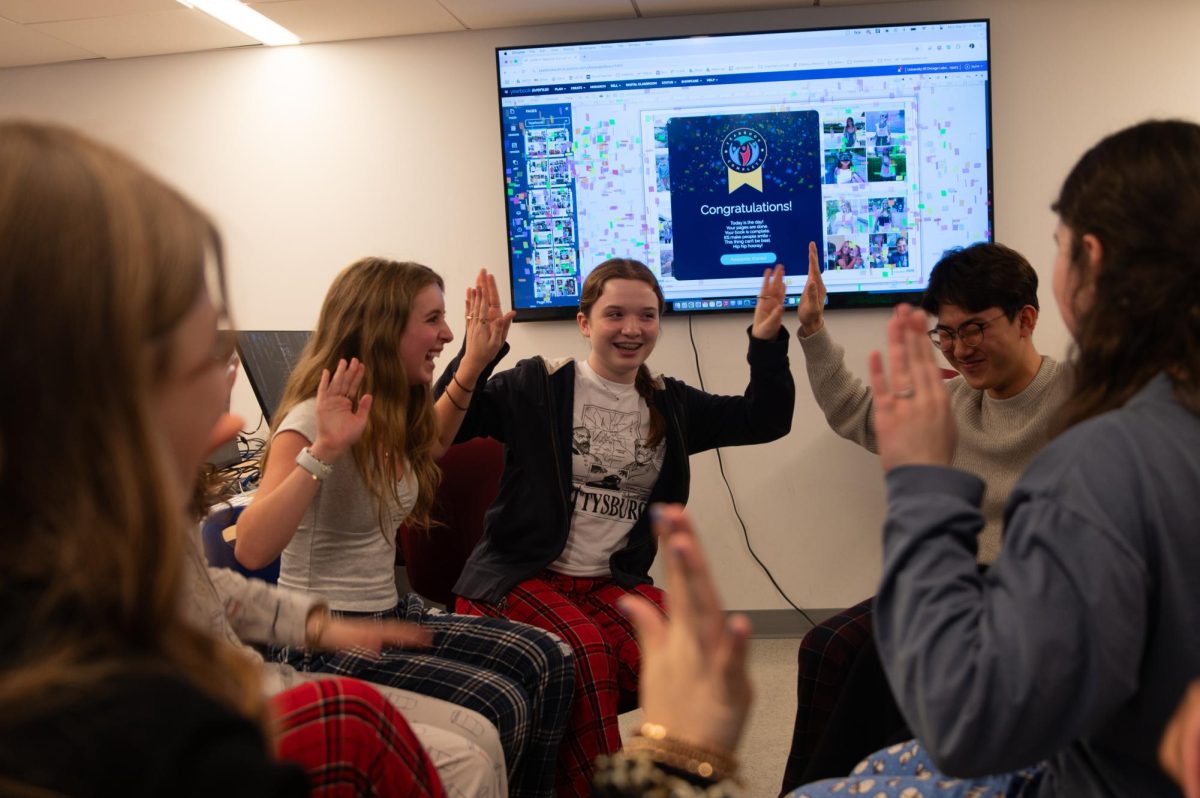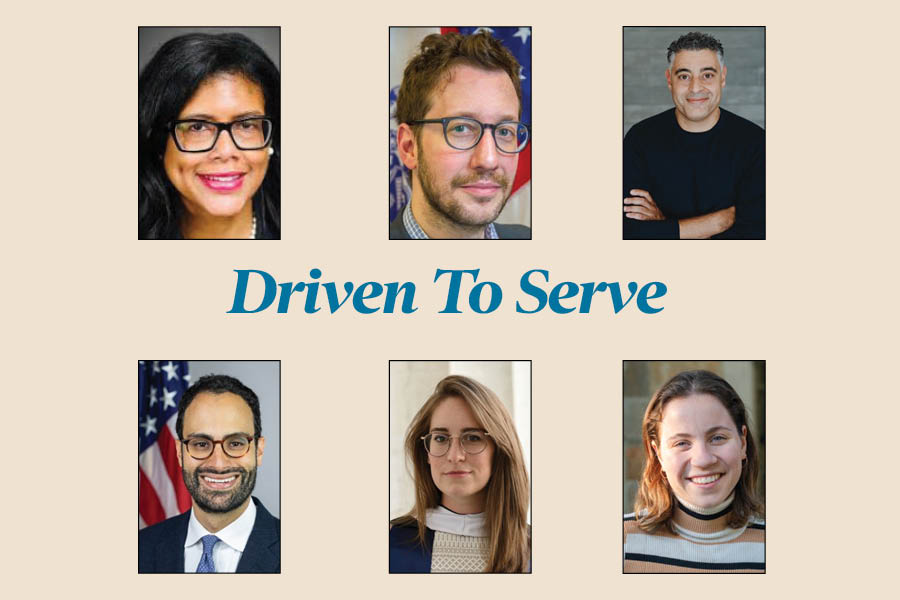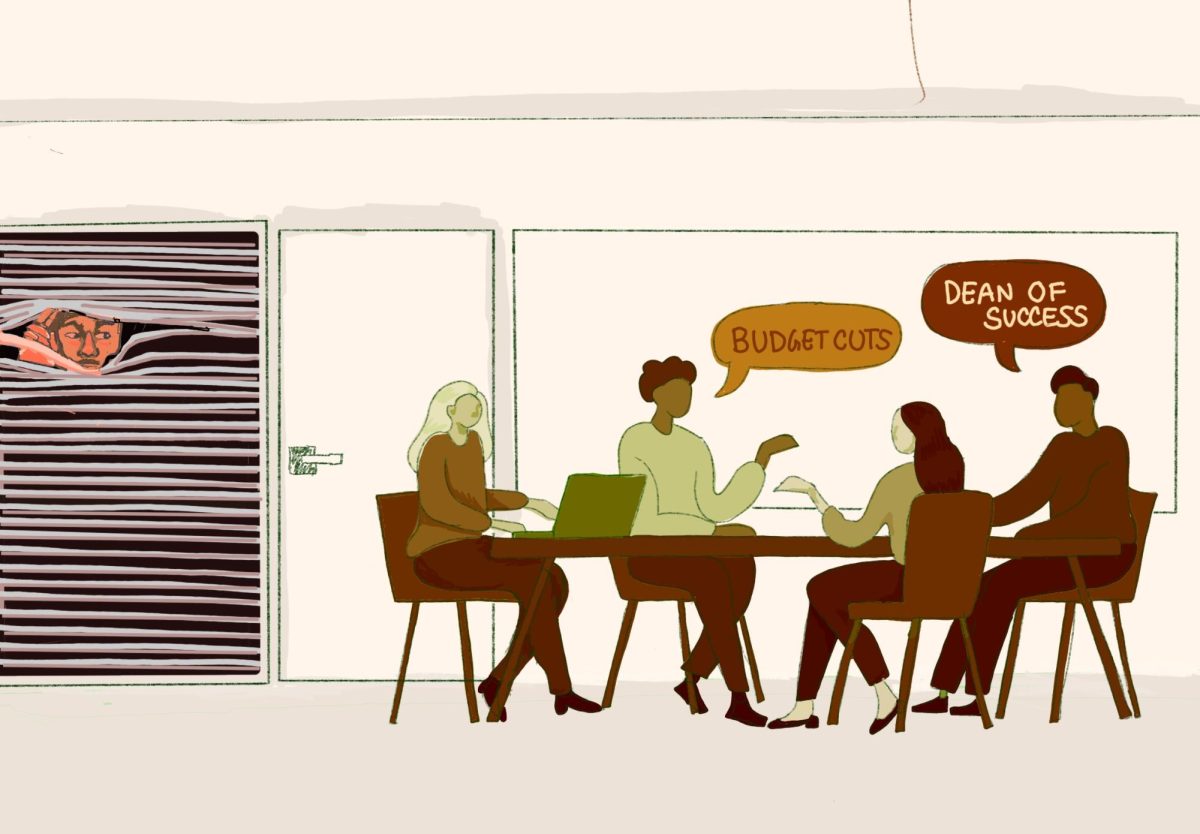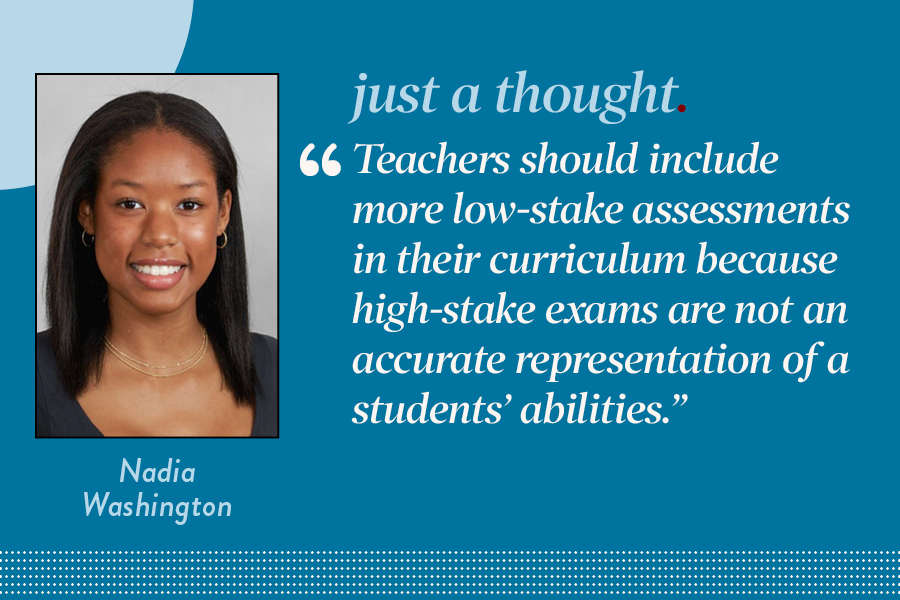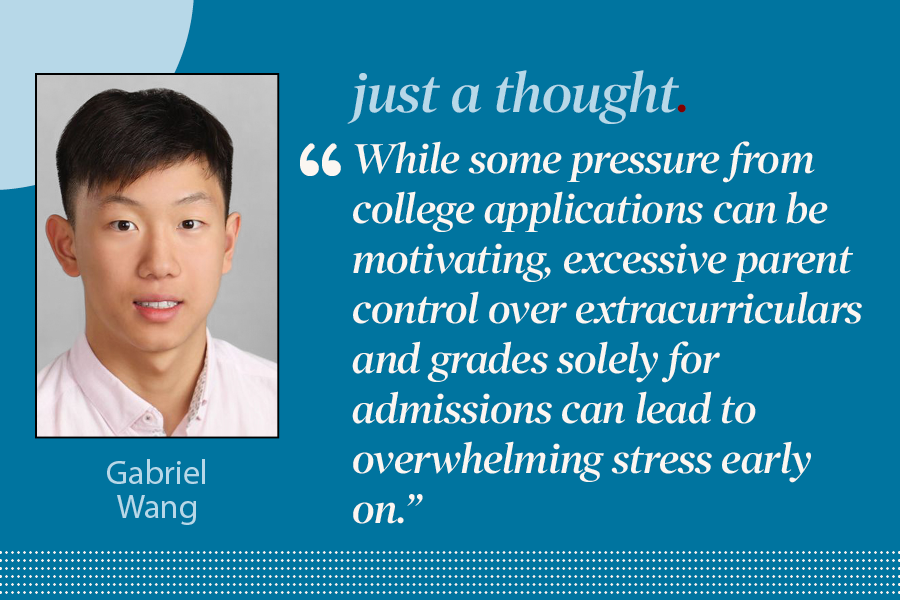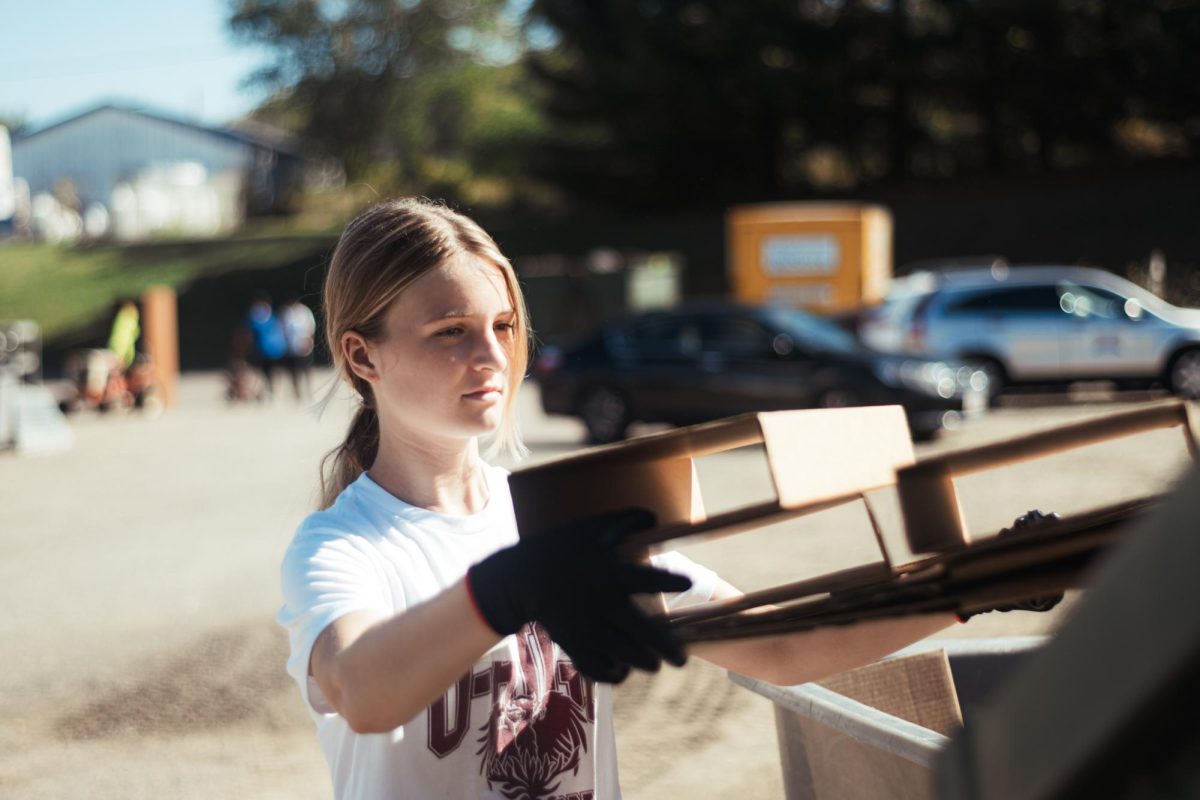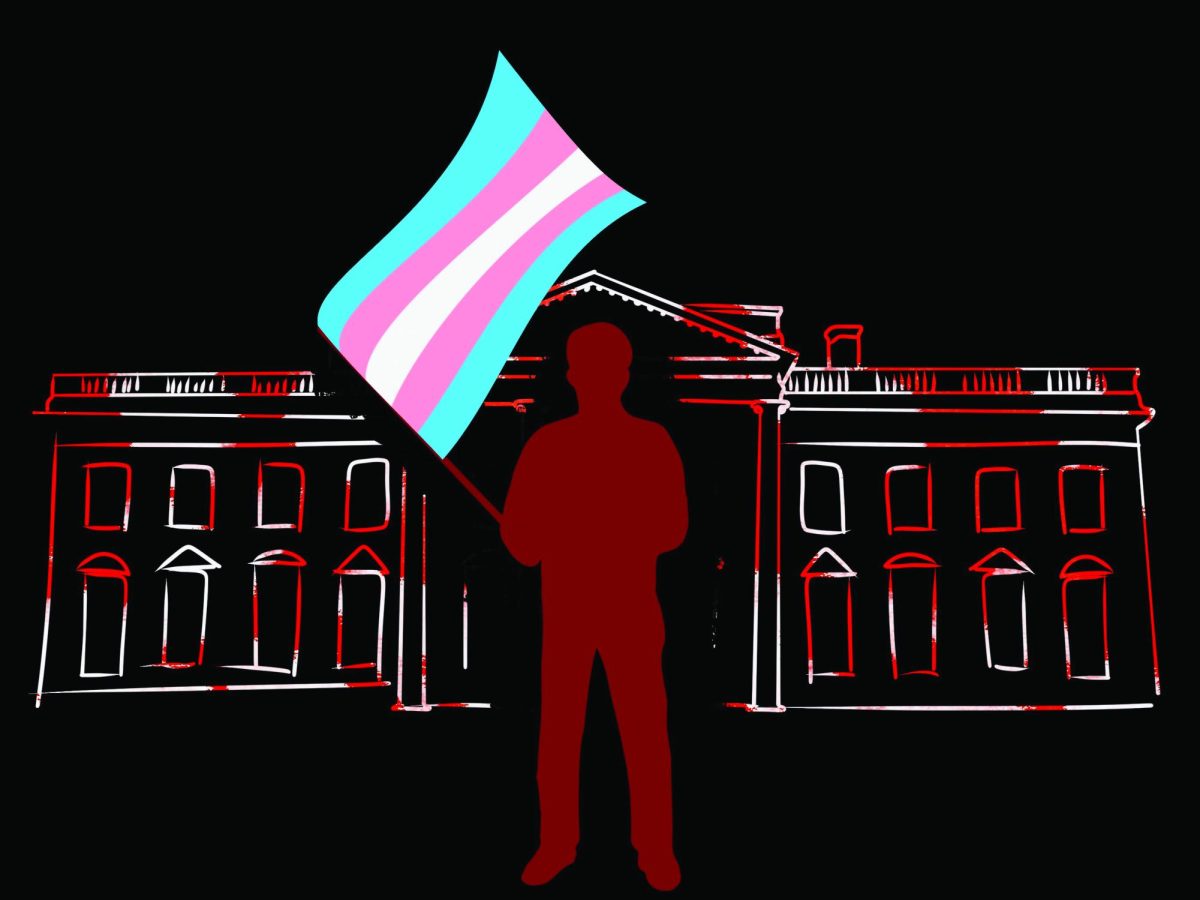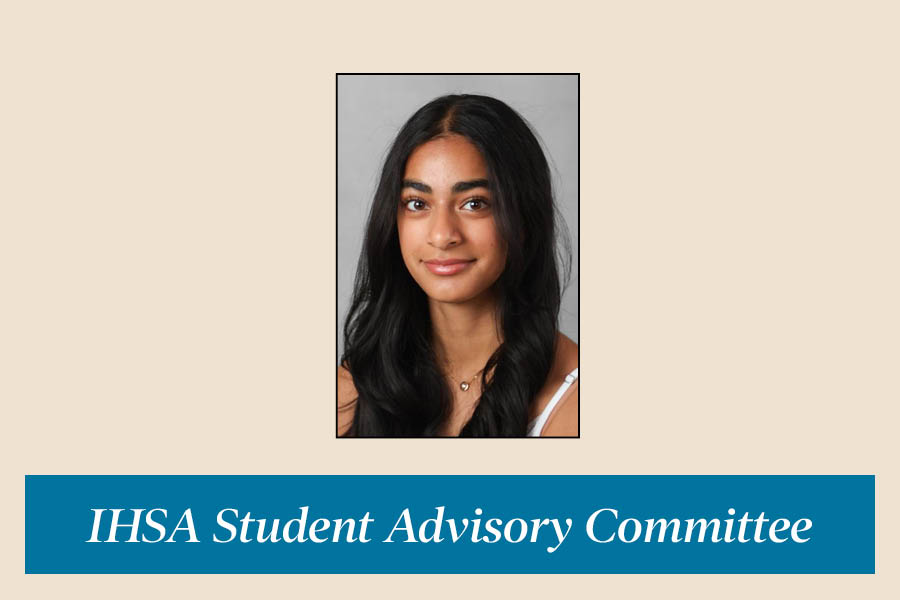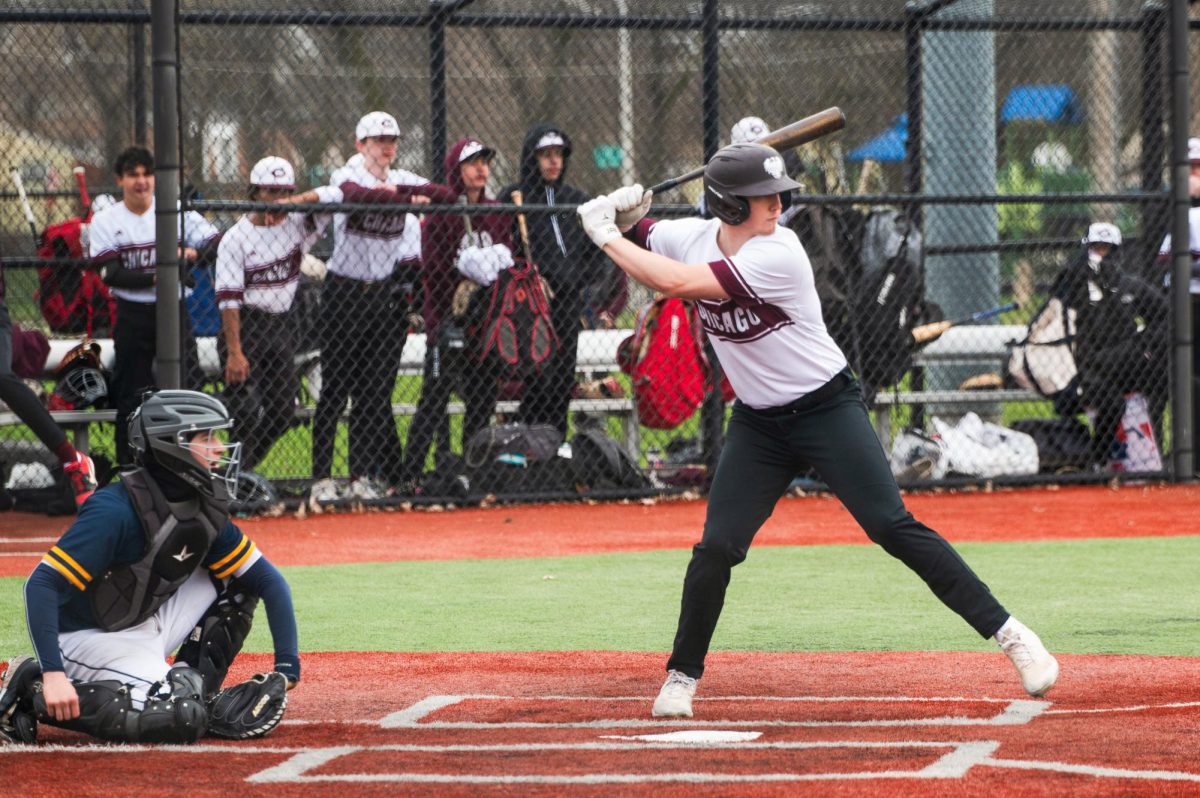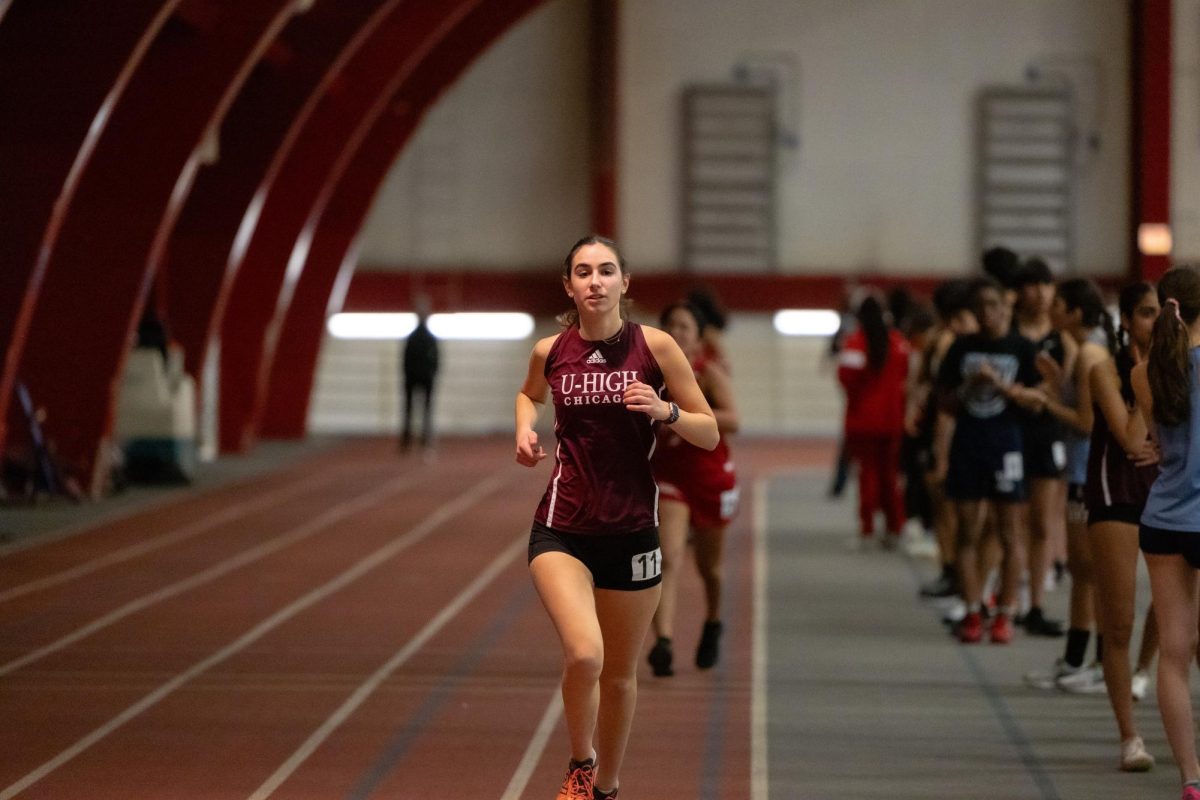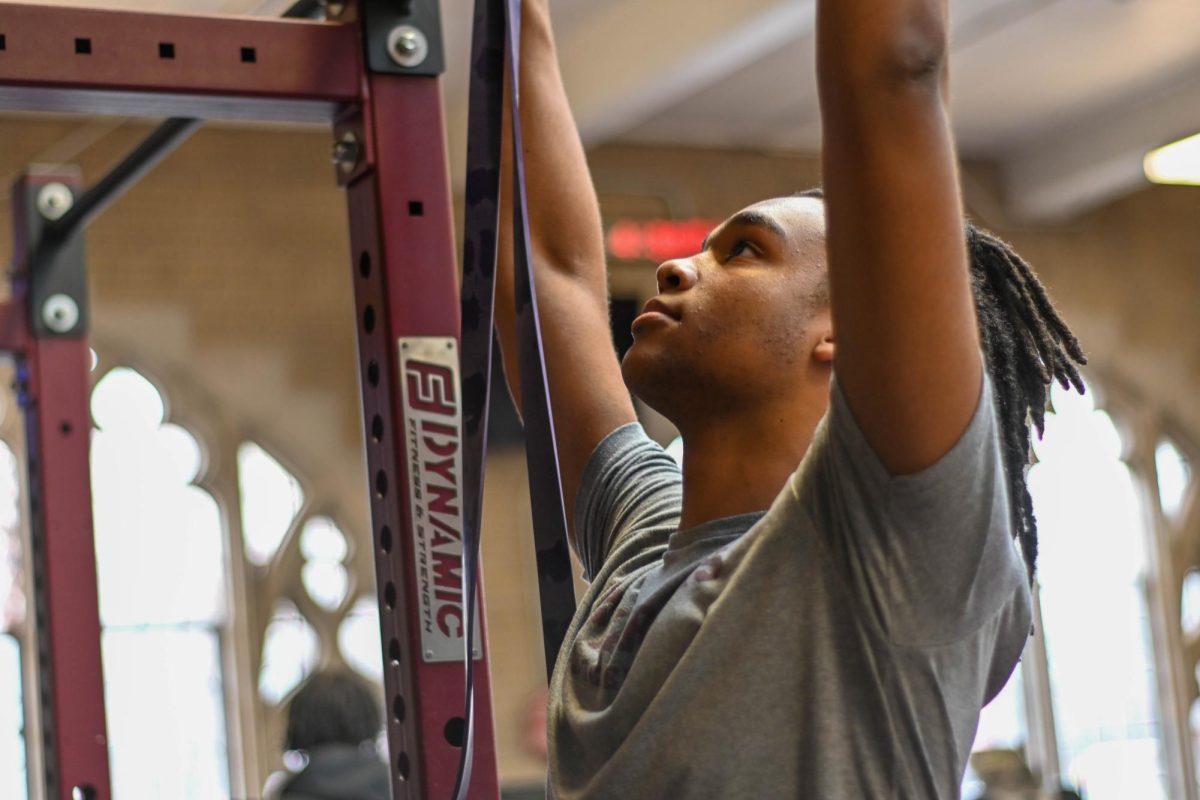Committees formed to develop policies surrounding cellphone use and club management are beginning to enter the final stage of their processes. Members of the cellphone committee and the clubs committee presented updates on their work at a faculty meeting on March 5 to check in with the faculty and provide them with an opportunity to give feedback.
These committees, comprising both students and faculty, began meeting in January to assess current policies and determine the best path given new information about phone use in schools and an increase in the number of clubs at U-High.
The clubs committee has proposed to administration a policy that will allow students participating in academic competitive clubs at least some excused absences that would not count toward the semester absence threshold. The proposal applies to groups such as Model United Nations, debate and robotics, as well as club sports like sailing and water polo.
Committee member Isaac Berrueta, a Model UN adviser and history teacher, believes this policy benefits students in competitive as well as other clubs.
“[We are] also creating a system where other clubs that are not necessarily competitive clubs can also have an opportunity to experience something outside of school,” Mr. Berrueta said. “So we’re having these discussions with the dean, your classmates and other teachers to see what would be an equitable system here.”
Meanwhile, a member of the cellphone committee emphasized that the group is still early in the process. Librarian Susan Augustine said neither the faculty nor the committee have a fully formed idea of what the final proposal will look like. However, based on feedback, most of the faculty seem to be in favor of limiting phone use.
“I’d say that more faculty than not are in favor of having cell phones put away all day for attention and focus in the classroom and for social development,” she said.
She thinks that faculty members are mostly concerned with the negative impact of phones on students’ socialization and relationships.
“I think more faculty see it as problematic outside the classroom,” Ms. Augustine said. “They see people just hide on their phones and don’t talk to others, or, you know, are on their phone so much that they’re not either doing their work, or they’re not socializing, or they’re just not learning how to interact with others. There’s a lot of concerns about isolating oneself on the phone.”
Catherine Collet-Jarard, a world language teacher who attended the faculty meeting, is in favor of restricting phone use to improve students’ social habits. She’s concerned about their widespread use during lunch and other social opportunities and thinks a ban will facilitate connection.
“It will probably allow students just to really connect with one another without having a device,” Ms. Collet-Jarard said. “So that would be an entirely different culture, which I want to see.”
She also recognizes an inherent contradiction in our relationship to technology. As technology has improved, Ms. Collet-Jarard said, we have cultivated it and adapted to it in the classroom, but now we’re trying to backtrack.
“At the same time, we’re moving forward with technology and then we’re pushing against it when it’s not convenient for us,” she said.
In addition to faculty input, the cellphone committee is working to involve students in the decision-making process. Ms. Augustine said students on the committee have as much of a voice in the meetings as faculty members. There have also been discussions about including Student Council later on.
She said committee members are anxious about student reaction if a ban were formalized.
“I don’t think the students of the school want this to happen,” Ms. Augustine said. “I think that’s really a big part of it. We want to bring in student voice. We want students to be heard, and they are being heard, but we’re concerned that people would be really up in arms.”
Two sophomore members of the clubs committee, Hannah Gao and Gio Nicolai, both said the faculty feedback for the clubs proposal was positive. The proposal included a revised homework policy similar to the policy for absences due to illness: students absent for club competitions will have the same number of days to complete missed assignments as the days they were absent.
Gio said that the committee plans to start discussing maintenance policies, which will establish guidelines for room allocation based on club attendance.


